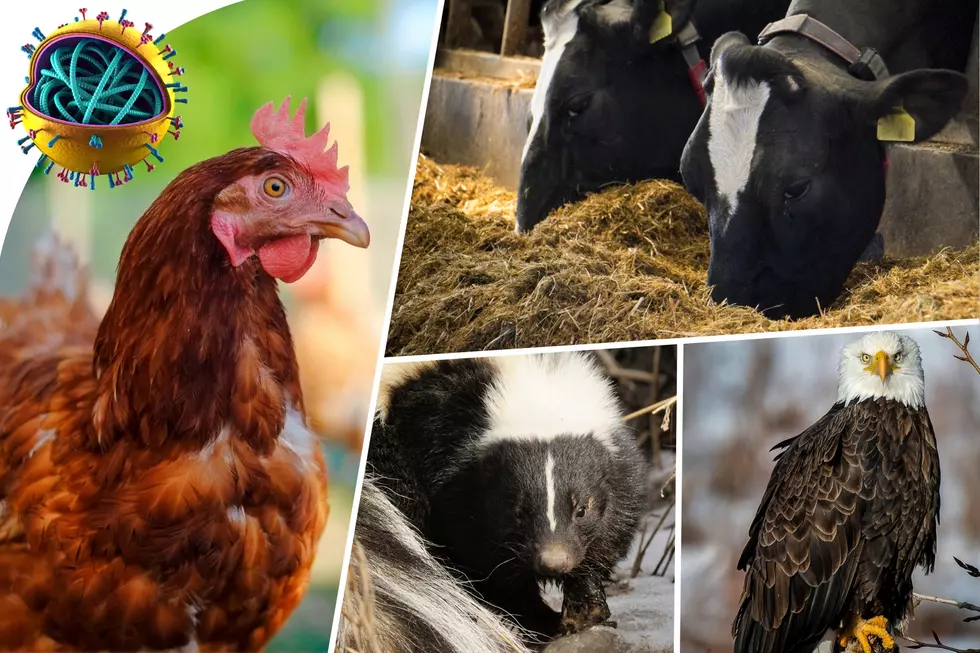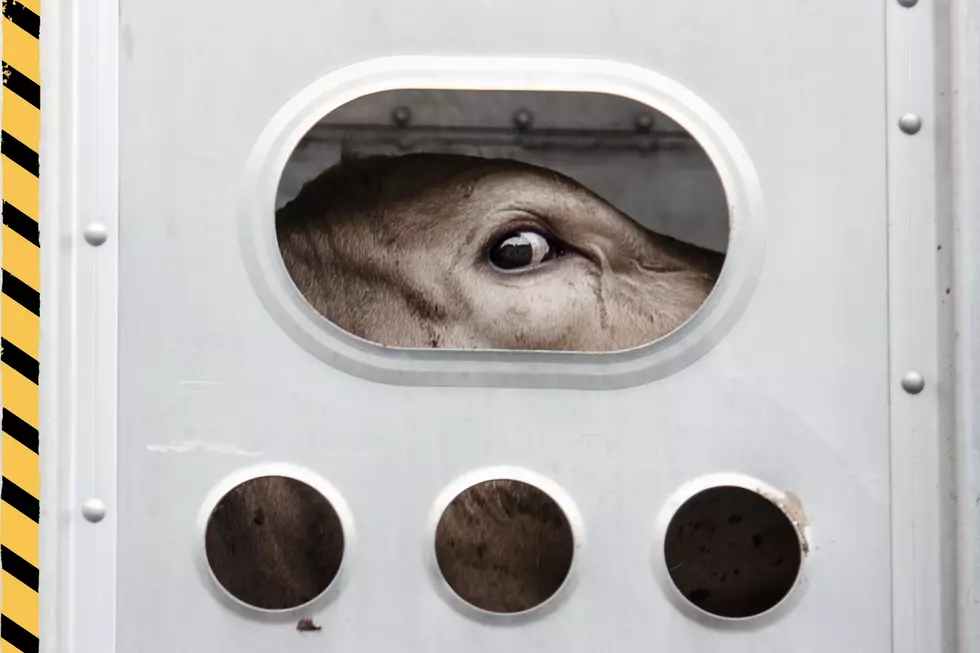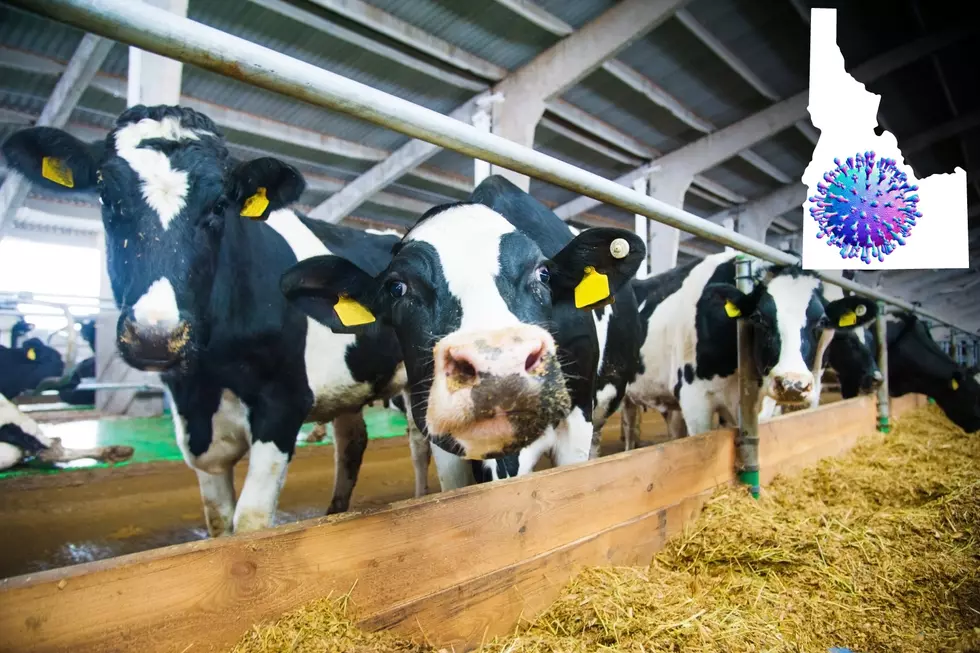
Bird Flu Found In Pasteurized Milk; Livestock Testing Mandated
Update: The FDA has since confirmed that pasteurization is effective in inactivating HPAI. Powdered infant formula was also confirmed safe.
The Food and Drug Administration (FDA) has confirmed that traces of the avian influenza, or "bird flu," virus has been detected in pasteurized milk samples.
Virus was first found in dairy herds in March 2024
Last month, the USDA confirmed that the virus - known most commonly as "HPAI" - had infected dairy cattle in Texas and Kansas. Shortly after, the virus was also detected in an Idaho dairy herd.
Since then, eight states have confirmed detections of the virus in livestock, which is now being referred to as BIAV (bovine influenza A virus) in cattle. The concerns over the spread of HPAI through cattle resulted in tightening restrictions on cattle imports between states.
New FDA statement confirms virus found in pasteurized milk
While the presence of the virus had been detected in raw milk of affected cattle, this week's FDA update has confirmed that virus particles have been found in pasteurized milk. The FDA affirms the virus would be rendered inert by the pasteurization process.
The official statement adds:
... the FDA is further assessing any positive findings through egg inoculation tests, a gold-standard for determining viable virus. To date, we have seen nothing that would change our assessment that the commercial milk supply is safe. Results from multiple studies will be made available in the next few days to weeks.
Pasteurization has been found to cause thermal inactivation of HPAI in eggs; the process is done at a lower temperature for eggs than for milk.
The FDA also has stated that milk from sick animals is being diverted or destroyed. Dr. Eric Topol of the Scripps Research Translational Institute told CNN that this FDA update indicates the outbreak may be worse than previously understood, stating, "The dissemination to cows is far greater than we have been led to believe."
CNN also notes that cats have been found dead at affected dairy barns, possibly from ingesting infected milk.
Commercial milk is still indicated to be safe
Despite these new findings, the FDA and USDA continue to assert that the milk supply available to the general public on shelves is safe to use and drink.
... based on the information currently available, our commercial milk supply is safe because of these two reasons: 1) the pasteurization process and 2) the diversion or destruction of milk from sick cows.
The organization continues to provide a webpage with detailed information on the safety of dairy products.
There is a large amount of ongoing research into how the virus affects dairy products, alongside the virus's transmissibility. Because this situation is new, scientists are at the forefront of discovering the effects on the public, on animals, and on the agricultural industry.
FDA issues mandatory livestock testing and reporting
The FDA today issued a new ruling that mandates testing of livestock for HPAI/BIAV. The order goes into effect Monday, April 29. It states:
Mandatory Testing for Interstate Movement of Dairy Cattle
- Prior to interstate movement, dairy cattle are required to receive a negative test for Influenza A virus at an approved National Animal Health Laboratory Network (NAHLN) laboratory.
- Owners of herds in which dairy cattle test positive for interstate movement will be required to provide epidemiological information, including animal movement tracing.
- Dairy cattle moving interstate must adhere to conditions specified by APHIS.
- As will be described in forthcoming guidance, these steps will be immediately required for lactating dairy cattle, while these requirements for other classes of dairy cattle will be based on scientific factors concerning the virus and its evolving risk profile.
Mandatory Reporting
- Laboratories and state veterinarians must report positive Influenza A nucleic acid detection diagnostic results (e.g. PCR or genetic sequencing) in livestock to USDA APHIS.
- Laboratories and state veterinarians must report positive Influenza A serology diagnostic results in livestock to USDA APHIS.
Click here for the latest updates on HPAI from PNW Ag Network.
LOOK: These Are the Counties With the Most Farmland in Oregon
Gallery Credit: Stacker
LOOK: Counties with the most farmland in Idaho
Gallery Credit: Stacker
Guide: Top 5 Counties With The Most Farmland In Washington State
Gallery Credit: Rik Mikals
More From PNW Ag Network









